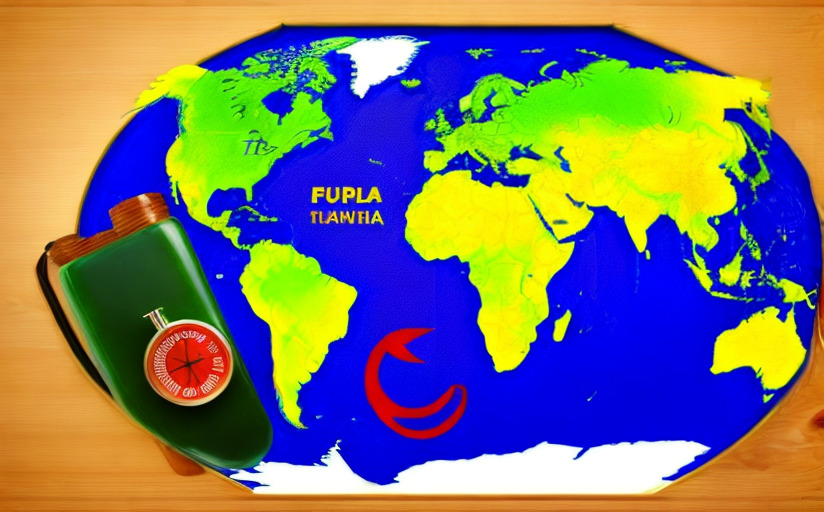Effects of Climate Change on Global Culinary Traditions
The ongoing threat of climate change has left a considerable impact on our planet. It's not only affecting our surroundings but also altering global culinary traditions. This article aims to explore the extensive effects of climate change on different food cultures and how they are adapting to this burgeoning issue.
Climate Change Effects on Culinary Ingredients
With fluctuating weather patterns, harsher storms and rising temperatures, the availability of many culinary ingredients is changing. Both crop and livestock conditions are getting severely affected. For example, warmer global temperatures affect the growth and production quality of coffee, cocoa, grains, fruits, and vegetables. Changes in the natural habitats for fish and other forms of seafood are also affecting the availability of these food items globally. Many traditional recipes and food cultures are being challenged due to such shifts.
Inspiring Innovation in the Kitchen
On the bright side, these challenges are instigating innovations in the kitchen. Chefs and home cooks are finding creative ways to adapt to the limited availability of certain ingredients. They are exploring alternatives, fostering flexibility, and ultimately reinventing traditional recipes in unique, exciting ways. Future kitchens may become resilience hubs where food traditions evolve with the changing climatic conditions.
Regional Impact on Food Production and Cuisine
Climate change affects regions differently, significantly impacting local food production and cuisine. In Italy, warmer temperatures are resulting in quicker ripening grapes affecting the wine industry. Meanwhile, droughts in California can impact the almond production, undermining plant-based food cultures that rely heavily on almond-based products. In Japan, the warmer water temperatures affect the quality of seaweed used for sushi, altering the traditional Japanese cuisine.
Future of Food: Sustainability and Cultural Preservation
As climate change continues to upend food cultures, it begs the question of what this means for the future of food. It highlights the importance of sustainable practices in farming, fishing, and livestock rearing. Resource efficiency, waste reduction, and soil health become pertinent to our food's future sustainability. Cultural preservation becomes equally important. As communities face loss or adaptation of traditional cuisine, preserving culinary traditions becomes a task not just for culinary preservationists, but for all of us.
In essence, climate change is not just an environmental challenge but a social one that changes how we eat and what we eat. While it threatens our culinary traditions, it also presents a unique opportunity for innovation in the kitchen and our food systems.
















Comments
Leave a Comment